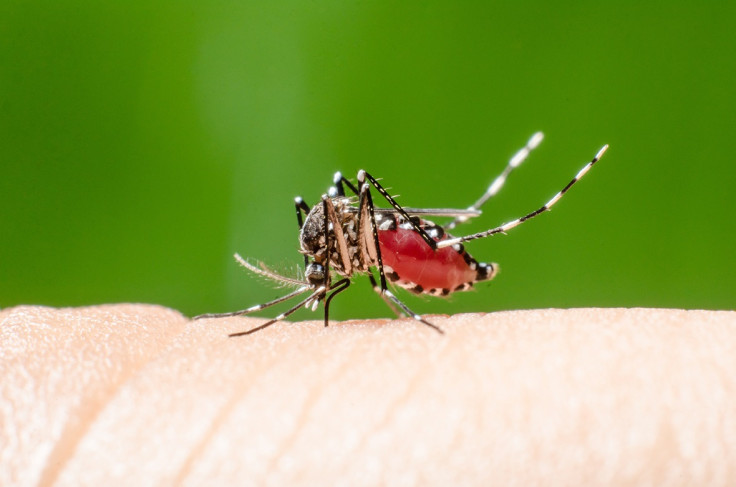Experimental malaria vaccine triggers long-term immune response in mice
The protection was apparent against all phases of the parasite's life cycle
A genetically attenuated, experimental vaccine candidate against malaria has proven effective in mice, producing a long-lasting immune response against the disease. The rodents were subsequently protected from any potential reintroduction of the plasmodium parasite, including highly virulent strains.
The global incidence of malaria fell by 37% between 2000 and 2015, but despite this progress, there were still approximately 214 million cases of the disease and 438,000 deaths in 2015. To improve the situation, the development of an effective vaccine has been a major goal of malaria research in recent years.
However, the complex biological make-up of plasmodium and the many strategies it has developed to avoid the host's immune response mean that developing a malaria vaccine remains challenging.
Furthermore, the parasite prevents the establishment of an immunological memory, so even if a potential vaccine triggers a protective immune response in the host, its effects tend not to last very long.
Now, a French research team from Institut Pasteur, the CNRS and INSERM has used genetically modified strains of the plasmodium berghei – which causes malaria only in rodents – to come up with an experimental vaccine. Results from mice trials, published in the Journal of Experimental Medicine, suggest live, genetically modified parasites can provide the basis for long-term protection against malaria.
No HRF protein
The idea of this research was to genetically modify plasmodium berghei strains in order to decrease their virulence, and then use these "attenuated parasites" to create a potential vaccine candidate.
"At first, our work was not oriented towards vaccine research, what we wanted to understand was the physiopathology of the disease – how the parasites managed to outmanoeuvre the host immune response. But this eventually led us to study how modified parasites could create a potent immune protection", lead author Salah Mécheri told IBTimes UK.
His team deleted the HRF gene that codes for the HRF (histamine-releasing factor) protein in the parasite. This deletion boosted the production of the IL-6 cytokine, known for its ability to stimulate the immune response in the liver and the spleen. The plasmodium mutants were then introduced in mice where they appeared to trigger a potent immune response.
"The mutant parasite did not provoke the disease in mice. Rather, it triggered an immune response which led to its elimination, and as it was eliminated, it left behind a long-lasting immunological response," Mécheri explains.

Indeed, the mice's immune protection was maintained for more than a year. This indicated that a long-term immunological memory had been established. Furthermore, the team discovered that the protection was also effective against all stages of the parasite's life cycle.
Although we are still far from a vaccine in human, this is a promising first step. Mécheri says his team will now focus on introducing the same mutation in plasmodium falciparum – the parasite responsible for malaria in humans. He hopes this will yield similar positive results and confirm the importance of the HRF gene.
"In recent years, the vaccine strategy of choice using live, genetically attenuated parasites to combat malaria has received renewed interest. The HRF mutant is a promising prototype in this respect, offering a rapid, long-lasting and wide-ranging protective effect," concludes Mécheri.
© Copyright IBTimes 2025. All rights reserved.






















